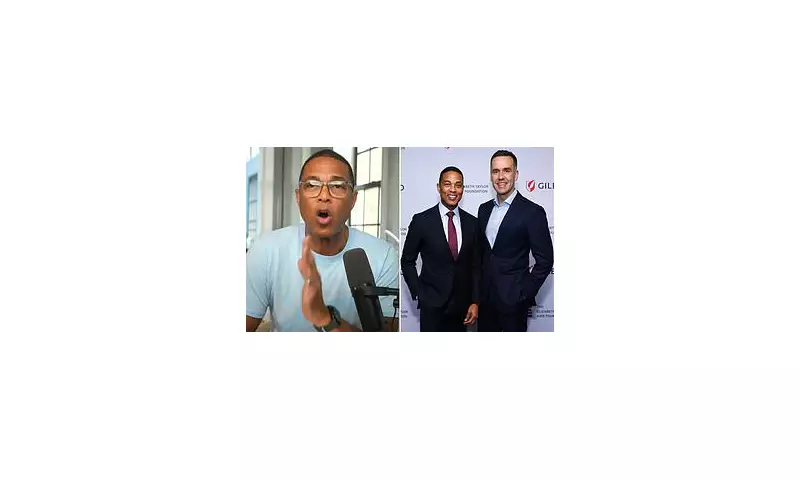
Former CNN anchor Don Lemon has ignited a firestorm of controversy following his appearance on a recent television segment where he made provocative claims about white men being the "biggest terror threat" in America.
The Explosive Television Moment
During a heated panel discussion, Lemon launched into an impassioned monologue that quickly captured attention across social media platforms. "If you want to really talk about a terror threat in this country, the biggest terror threat I think are white men," Lemon declared during the broadcast.
The controversial comments came during a discussion about national security concerns, with Lemon specifically targeting what he described as the disproportionate threat posed by certain demographics.
Immediate Backlash and Social Media Reaction
The response to Lemon's comments was swift and largely critical, with many viewers taking to various platforms to express their outrage. Critics accused the former news anchor of employing divisive rhetoric and making sweeping generalizations based on race.
Several social media users highlighted what they saw as hypocrisy in Lemon's approach, noting that similar statements about other demographic groups would likely result in immediate condemnation from media figures.
Context of Lemon's Recent Career Moves
The incident comes during a turbulent period in Lemon's broadcasting career. Following his high-profile departure from CNN in 2023 after 17 years with the network, the journalist has been navigating his return to television through various guest appearances and new projects.
Industry observers note that Lemon's commentary style has become increasingly polarizing since his exit from the mainstream news network, with some suggesting he's adopting a more confrontational approach to maintain relevance in the competitive media landscape.
Broader Implications for Media Discourse
This latest controversy raises important questions about the boundaries of acceptable discourse in modern media. As news organizations grapple with declining public trust and increasing political polarization, incidents like Lemon's rant highlight the ongoing tension between provocative commentary and responsible journalism.
The episode also underscores the continuing debate about how race and gender discussions should be framed in public discourse, particularly when involving prominent media figures with substantial platforms.
As the fallout continues, media analysts will be watching closely to see how this incident affects Lemon's future opportunities and whether it prompts broader reflection within the industry about the language used in discussing sensitive demographic issues.





